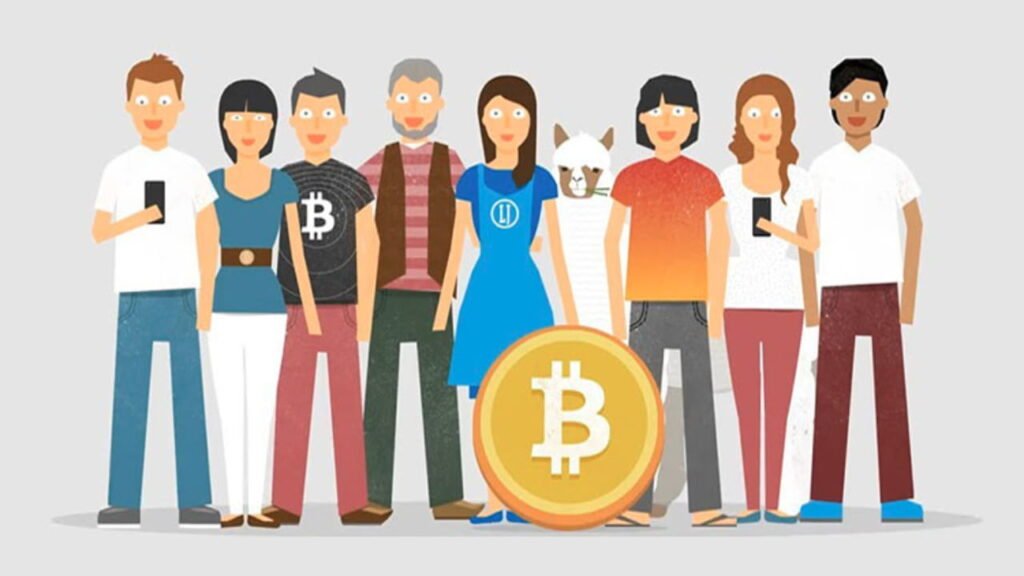Originally designed as a financial system free from government control, Bitcoin is the first distributed cryptocurrency in the globe. Since its launch in 2009, it has generated heated discussions on whether it should be a tool for state-owned financial systems or stay a distributed asset enabling people. As other countries, like as El Salvador, have embraced, this argument has become more vociferous recently.
While some, like China, have outright prohibitions, Bitcoin’s Latest Crash, is legal tender. Concurrent with this, financial institutions and businesses are including Bitcoin in their systems, which begs questions regarding centralizing a network meant to be trustless and distributed. Regulating Bitcoin States, The future of Bitcoin is yet unknown as the people and the government try to define their place in the world economy.
Regulating Bitcoin States
Governments all around have started to notice the promise of Bitcoin and, occasionally, try to include it in their financial systems. El Salvador, which became the first nation to accept Bitcoin as legal currency in 2021, is the most prominent example. With an eye toward financial inclusion and less reliance on the US dollar, the government unveiled the “Chivo” wallet and bonds backed by Bitcoin. Regulating Bitcoin States, Still, the action has drawn compliments as well as criticism.
Other countries have followed another route. China, for example, has outlawed trading and mining Bitcoin in favour of pushing its digital yuan. This measure underscores a larger trend of governments trying to keep control over financial activities and restrict the dispersed impact of Bitcoin. To include Bitcoin in conventional financial institutions without letting it run free under government control, the European Union and the United States have implemented laws including anti-money laundering rules and tax policies.
Bitcoin for the People
Many supporters contend that Bitcoin’s actual power is in its capacity to serve the people rather than the state, even when governments investigate means of control or adoption of the currency. The distributed character of Bitcoin lets people transact without middlemen, therefore providing financial sovereignty to people without access to conventional banking facilities. For people trying to protect their riches in nations experiencing hyperinflation, such as Venezuela and Zimbabwe, Bitcoin has become a lifeline.

Additionally, reflecting a tendency toward financial privacy and personal wealth control is bitcoin. Unlike fiat money, which governments may freeze or take, Bitcoin is not subject to censorship. In areas where authoritarian governments limit financial liberties, this feature has especially great value. Without concern of government intervention, activists, reporters, and political dissidents have used Bitcoin to gather contributions and support operations.
Between State and People Balance
One possible compromise is for Bitcoin to retain its distributed qualities while coexisting with state-owned financial systems. Governments might control trade and apply consumer protections without meddling with the fundamental technology of Bitcoin. People can keep using Bitcoin as a tool for financial independence, meanwhile, especially in areas where conventional banks fall short in meeting their demands.
Furthermore, helping Bitcoin keep its freedom from state influence is the emergence of peer-to-peer platforms and distributed finance (DeFi). Regulating Bitcoin States, Individuals can transact Bitcoin without depending on centralized entities using distributed exchanges and self-custody wallets. Further supporting Bitcoin’s usage as a people-driven financial tool are innovations that include the Lightning Network, which lets faster and less expensive Bitcoin transactions occur.
Summary
Bitcoin is situated at the intersection of personal empowerment and state control. Although some governments want to control or incorporate Bitcoin. Its actual worth is found in its capacity to give people all-around financial sovereignty. Bitcoin’s future will be shaped by institutional adoption. Regulatory control and competing digital currencies, but their distributed character still provide a substitute financial system free from conventional control.
The way Bitcoin Looks, is utilized, who manages its infrastructure, and how distributed. Its ecosystem stays will determine whether it finally serves the state or stays a currency for the people. Those who embrace and protect Bitcoin will define its function as financial systems change. While its future remains uncertain, one aspect remains certain. Bitcoin has fundamentally altered the way people see money and will be felt for years to come.


